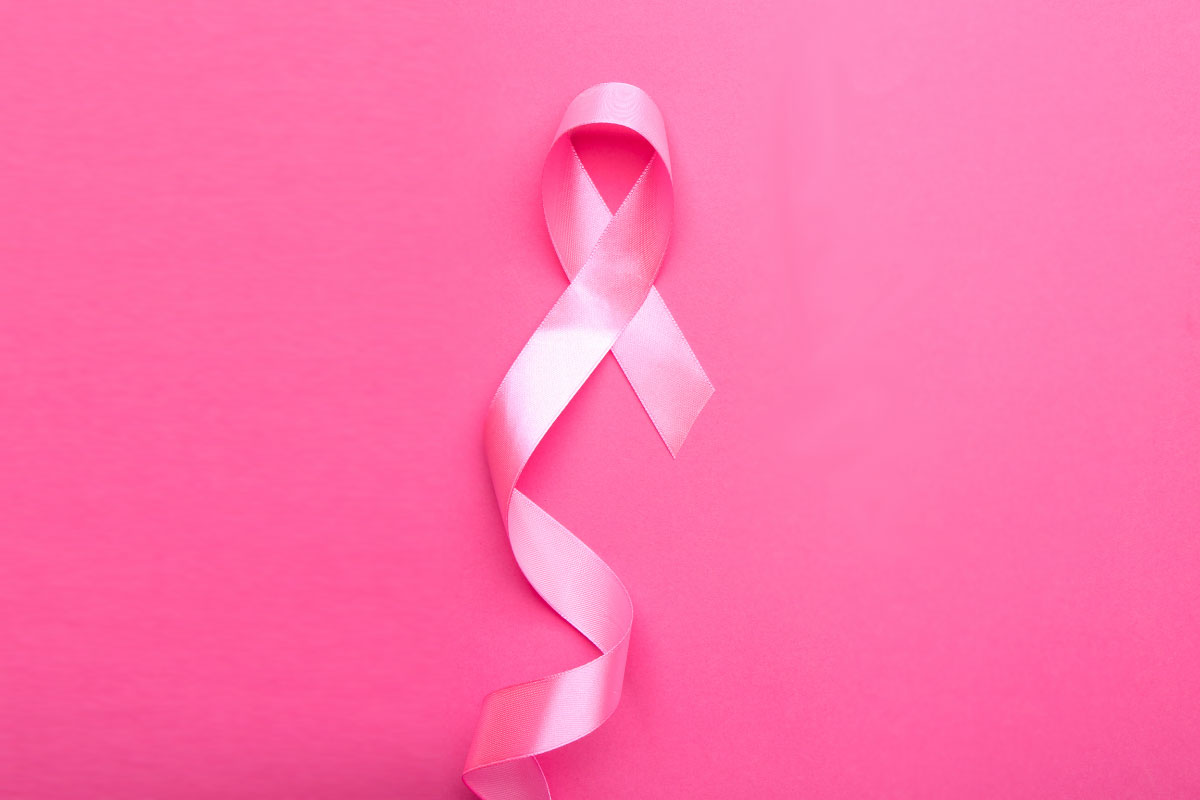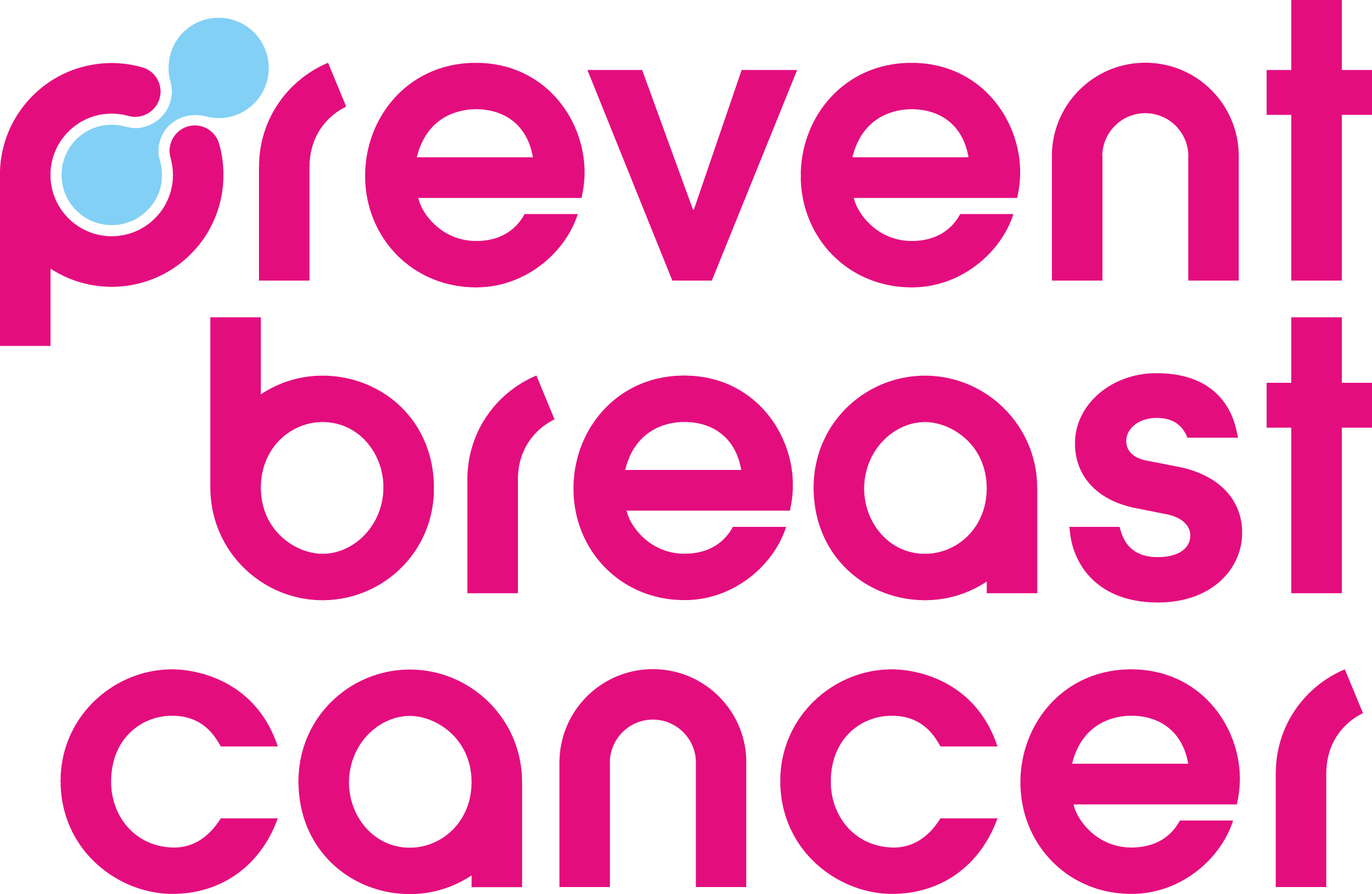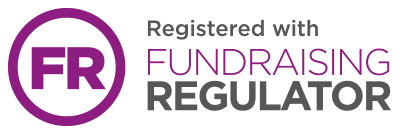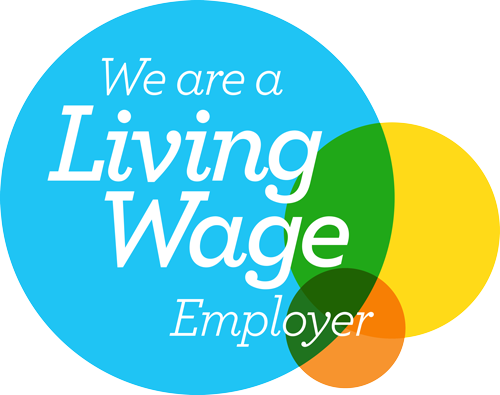How To Reduce Your Risk Of Breast Cancer
Breast cancer is the most common cancer in the UK for women. Every year around 55,900 people receive a diagnosis. Although there are some risk factors for developing the disease that can’t be changed, such as your age or genetics, there are steps that all of us can take to reduce our risk of developing breast cancer.

Maintaining a Healthy Weight
Gaining weight throughout your lifetime increases your risk of developing breast cancer after the menopause – the more weight you gain, the higher the risk. Research has found that having a Body Mass Index (BMI) of between 18 and 25 lowers your risk of breast cancer. If you’re already overweight, losing just 5% of your weight (and keeping it off!) can reduce your risk substantially – by between 25 and 40%.
Eat more fruit, vegetables and wholegrains while avoiding processed foods which are often high in sugar and fat. We recommend the clinically-proven 2-Day diet by our experts Dr Michelle Harvie and Professor Tony Howell, which is easy to follow and is an effective method for losing weight and keeping it off.
Alternatively you might consider restricting your calories for just one day per week – or just eating more healthily with the help of recipes from our 2-Day Diet Cookbook.
Exercise Can Reduce your Risk of Breast Cancer
Evidence has proven that regular exercise reduces your risk of breast cancer. Aim for five exercise sessions a week, lasting 35 to 45 minutes each. It doesn’t need to be anything too strenuous, even a brisk walk a day will do, but anything that makes you breathe harder and makes your heartbeat faster will help reduce the chances of you developing breast cancer.
Our research has found that as well as reducing the risk of developing breast cancer, exercise can lower the risk of the disease coming back (recurrence) if you’ve already been diagnosed.
Cutting Down on Alcohol Can Reduce Your Risk of Breast Cancer
We all know that excessive drinking isn’t good for us, but should we all be going teetotal? It has been shown that women who drink more alcohol do have higher rates of breast cancer than those who don’t drink at all, but the extra risk is lower if you limit your consumption.
The NHS advice is that men and women should not drink more than 14 units a week on a regular basis, emphasising the importance of spreading your drinking over 3 or more days if you regularly drink as much as 14 units a week. Discover more about alcohol consumption and breast cancer risk with Dr Emma Davis.
Regularly Checking Your Breasts
It may not directly reduce your risk, but if you are familiar with what’s normal for your breasts then you will be able to spot any changes, such as lumps, swelling or pain. The earlier that breast cancer is found, the higher the chance of beating it, so if you notice anything unusual visit your GP to get it checked. We have a helpful guide to show you how to check for signs and symptoms of breast cancer and what to keep an eye out for.
Can Mammograms Detect Breast Cancer?
Breast screening can pick up breast cancers at an early stage when they’re too small to see or feel. It can also monitor changes in the breast from screening to screening, as well as measuring your breast density, as this has been linked to an increased risk of cancer.
In the UK, breast screening is routinely offered to all GP registered women aged 50 to 70, every 3 years, as part of a national breast screening programme. From 2021-22, the NHS breast screening programme saw over 20,000 women being diagnosed with breast cancer. The chance of surviving breast cancer is much better if found through screening, and the NHS estimates that 1,300 extra lives are saved each year because of that earlier diagnosis.
Making it more important than ever that you look out for your invite and call your local centre to book your mammogram appointment. Understand more about the importance of early detection with Elaine Harkness, researcher explorer at The University of Manchester.
Does Breastfeeding Reduce Risk of Breast Cancer?
Breastfeeding can reduce your risk of breast cancer and we recommend that, if possible, you breastfeed your baby for at least six months. This may not be an option for all mothers, and is a personal choice, but breastfeeding can help protect against breast cancer, especially in younger mothers. The exact reasons behind this aren’t clear, but it has found to be most beneficial for women who breastfeed for over a year – the longer you breastfeed, the greater the reduction in risk.
Hormones & HRT
Research has found a link between the hormone oestrogen and breast cancer. Aim to stop using oral contraceptives when you’re around 30 – speak to your GP about the alternatives available to you. Limit the use of Hormone Replacement Therapy (HRT) to a short time and avoid using this continuously for years. You can learn more about HRT, menopause and breast cancer with Dr Annice Mukherjee.
Explore your family history of cancer
If several of your family members have had breast or ovarian cancer, you may wish to discuss genetic testing with your GP. If you’re concerned about your family history, it’s important that you undergo proper counselling before making any decisions about being tested. Should you carry a gene that increases breast cancer risk, such as BRCA, it’s likely that you’ll be offered a range of preventative options going forward, including regular screening.
Understand more about family history, genes, and genetic testing from our experts.
Preventative drugs
If you have a family history of breast cancer, you may be at a higher risk of developing the disease. If this is the case, you may be offered certain medications, such as Tamoxifen, Raloxifene or Anastrozole through your family history clinic to reduce your chances of developing it.
Frequently asked questions
When to check your breasts
We advise you check your breasts regularly, once a month. Breasts change at different times of the month, the ideal time to check is just after your period. If you don’t menstruate, checking once a month at any time is fine. Setting a calendar reminder can be useful to help incorporate it into your routine. We suggest the 1st of the month – feel them on the first!
Please note, if you’re viewing on your desktop and click the below button, a calendar invite file called ‘checkyourboobs’ will appear in your downloads folder. You just need to open it in your preferred calendar application, and set a monthly reminder.
About Prevent Breast Cancer
Prevent Breast Cancer is the only UK charity entirely dedicated to the prediction and prevention of breast cancer – we’re committed to freeing the world from the disease altogether. Unlike many cancer charities, we’re focused on preventing, rather than curing. Promoting early diagnosis, screening and lifestyle changes, we believe we can stop the problem before it starts. And being situated at the only breast cancer prevention centre in the UK, we’re right at the front-line in the fight against the disease. Join us today and help us create a future free from breast cancer. If you have any questions or concerns, email us today.
Sign up today
Prevent Breast Cancer UK
Receive regular updates. You can change your communication preferences at any time.
on December 14, 2022.
on December 10, 2022.



